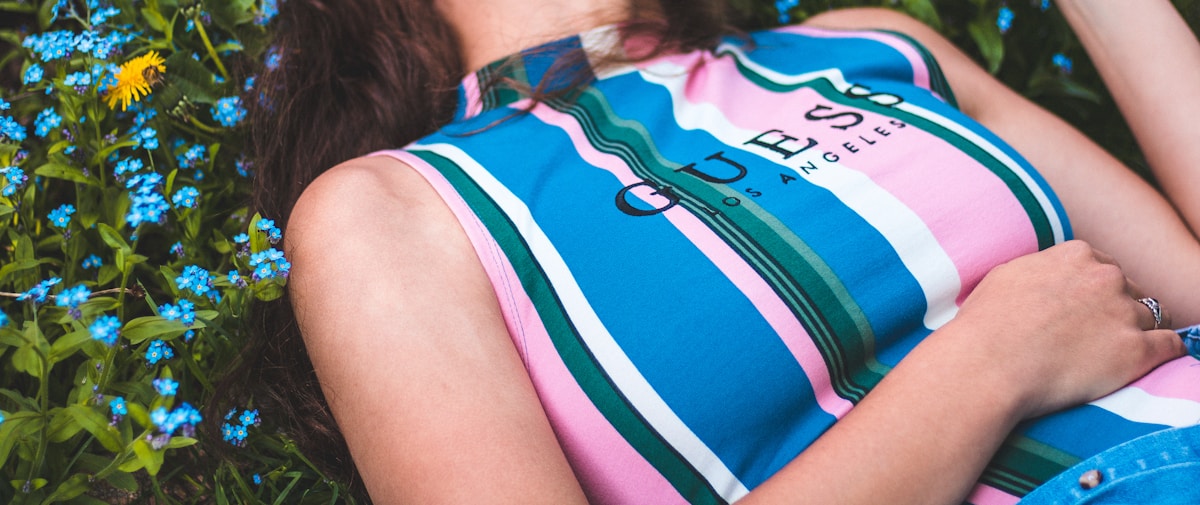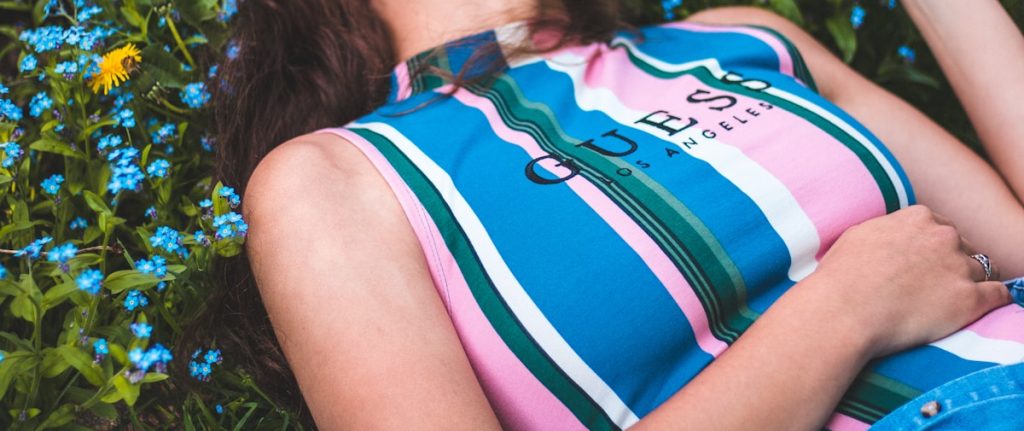Guess Ad in Vogue Sparks Controversy Over Model Representation
The latest Vogue issue featuring a Guess advertisement has ignited a heated debate across social media, fashion forums, and industry publications. While the campaign was intended to showcase the brand’s “modern, inclusive” aesthetic, critics argue that the execution perpetuates harmful stereotypes and tokenism, raising questions about the fashion world’s commitment to genuine diversity.
What the Campaign Showcases
The full‑page spread displays six models—three women and three men—posing against a minimalist backdrop. The visual narrative aims to blend classic Guess denim with contemporary streetwear, with each model styled to represent a different “global vibe.” According to the brand’s press release, the ad “celebrates cultural hybridity and the power of self‑expression.”
Points of Contention
- Tokenistic Casting: Observers note that the models represent a narrow set of ethnicities—primarily East Asian, South Asian, and Latinx—while excluding Black and Indigenous faces, suggesting a selective approach to diversity.
- Exoticism in Styling: The styling incorporates stereotypical elements—such as a traditional sarong, a floral headpiece, and a “tribal” tattoo—that many see as reducing cultures to visual props.
- Body Image Concerns: All six models fit a similar thin, tall silhouette, reinforcing the industry’s ongoing issue with narrow body standards despite the “inclusive” messaging.
- Commercial vs. Ethical Intent: The ad’s tagline, “Wear the world,” is perceived by some as a marketing gimmick that capitalizes on multicultural aesthetics without addressing systemic inequities.
Public Reaction
The backlash erupted quickly on platforms such as Twitter and Instagram, where the hashtag #GuessMisstep trended for 48 hours. Influencers and activists posted side‑by‑side comparisons of the Guess spread with previous campaigns that featured more nuanced representation. Notable voices include fashion activist @StyleEquity, who wrote, “Celebrating diversity means more than a few exotic outfits; it means listening to the communities we claim to represent.”
Industry Response
In response to the criticism, Guess issued a statement emphasizing its “ongoing commitment to inclusivity” and promising an internal review of its casting processes. The brand also announced a partnership with the non‑profit Fashion for All to fund scholarships for underrepresented designers. However, critics argue that these measures are reactive rather than proactive, calling for sustained accountability.
Broader Implications for Fashion Advertising
This controversy underscores a broader tension within the fashion industry: the clash between commercial imperatives and authentic representation. Brands increasingly recognize that diverse imagery can boost market reach, yet many still rely on surface‑level aesthetics rather than deeper structural change. As consumer awareness grows, the pressure to move beyond tokenism intensifies.
What’s Next?
Analysts predict that future campaigns will undergo more rigorous cultural vetting, with agencies employing diversity consultants early in the creative process. For Guess, the key will be translating its public commitments into measurable outcomes—such as transparent casting data and long‑term collaborations with creators from marginalized backgrounds.
Ultimately, the Vogue controversy serves as a reminder that fashion’s influence extends beyond runway aesthetics; it shapes cultural narratives and societal standards. Whether this moment sparks meaningful reform or fades as a fleeting debate will depend on how brands, editors, and audiences collectively hold the industry accountable.



